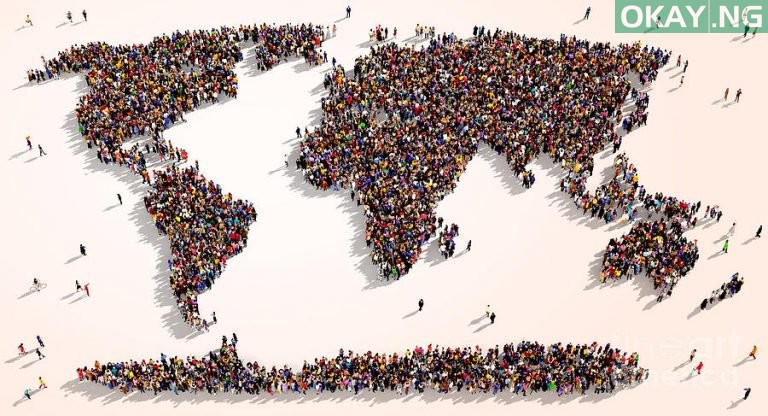The population of the world has reached 7.7 billion, according to a report released by the United Nations Population Division on Monday.
The medium-variant projection indicates that the global population could grow to around 8.5 billion in 2030, 9.7 billion in 2050, and 10.9 billion in 2100.
According to the World Population Prospect released by the UN, males outnumber females in Nigeria, and the world as a whole, negating the popular belief that women outnumber men in the West African country.
The report reads in part: “The world’s population is projected to grow from 7.7 billion in 2019 to 8.5 billion in 2030 (10% increase), and further to 9.7 billion in 2050 (26%) and to 10.9 billion in 2100 (42%). The population of sub-Saharan Africa is projected to double by 2050 (99%).
“Regions that may experience lower rates of population growth between 2019 and 2050 include Oceania excluding Australia/New Zealand (56%), Northern Africa and Western Asia (46%), Australia/New Zealand (28%), Central and Southern Asia (25%), Latin America and the Caribbean (18%), Eastern and South-Eastern Asia (3%), and Europe and Northern America (2%).
“The global fertility rate, which fell from 3.2 births per woman in 1990 to 2.5 in 2019, is projected to decline further to 2.2 in 2050. In 2019, fertility remains above 2.1 births per woman, on average, over a lifetime in sub-Saharan Africa (4.6), Oceania excluding Australia/New Zealand (3.4), Northern Africa and Western Asia (2.9), and Central and Southern Asia (2.4).
“A fertility level of 2.1 births per woman is needed to ensure replacement of generations and avoid population decline over the long run in the absence of immigration.”










